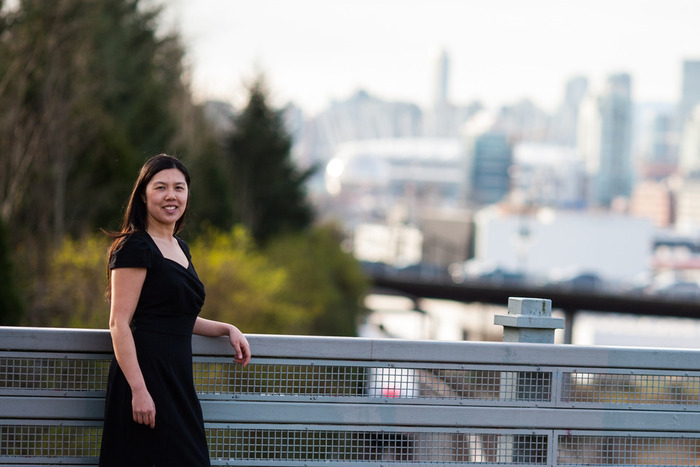Belinda Li, Class of 2009

Can you tell us a little bit about the kind of work that you do?
I work in the solid waste field with a focus on food and organic waste prevention and recycling at Tetra Tech. Most of my projects are with various levels of government or institutions, planning, designing, or implementing programs or infrastructure changes to help residents and businesses reduce waste.
What is a fact about your work that people might find surprising?
Though I’m based in Vancouver, almost all the work I’m doing right now is across Canada and the United States. I’m currently the lead consultant for a food waste measurement project for the Natural Resources Defense Council in Nashville, Denver and New York to characterize the types of food being wasted and why they are wasted.
What do you feel are the three habits necessary for highly successful engineers?
1. Be curious and never stop learning, 2. Be empathetic and try to understand how other people see the world – relationships are important, 3. Find fun and excitement in new challenges, it’ll make your work way more enjoyable
What was your favorite thing to do on campus as a UBC student?
Eating lunch outside on the former grassy knoll (where the AMS Nest is now) on sunny days.
What was your favorite class at UBC and why?
My undergraduate thesis. I prefer self-directed learning so having a project that I was able to run on my own was a way better fit for me than sitting in classes. I had a great research supervisor who guided me through the research process as I proposed a research topic, designed an experiment, ran an experiment, and then wrote a thesis. I also co-authored a journal article out of this project.
What are two things that you would recommend current engineering students do before they graduate?
Get outside of your comfort zone and seek perspectives from as many viewpoints as you can. Engineers work with everyone in society and we often isolate ourselves, so break out of that bubble and see what students in other disciplines do. Find engineers working in the industry and ask them about their jobs so you get a sense of all the things you can do with your degree. We usually are happy to speak with students about career prospects.
